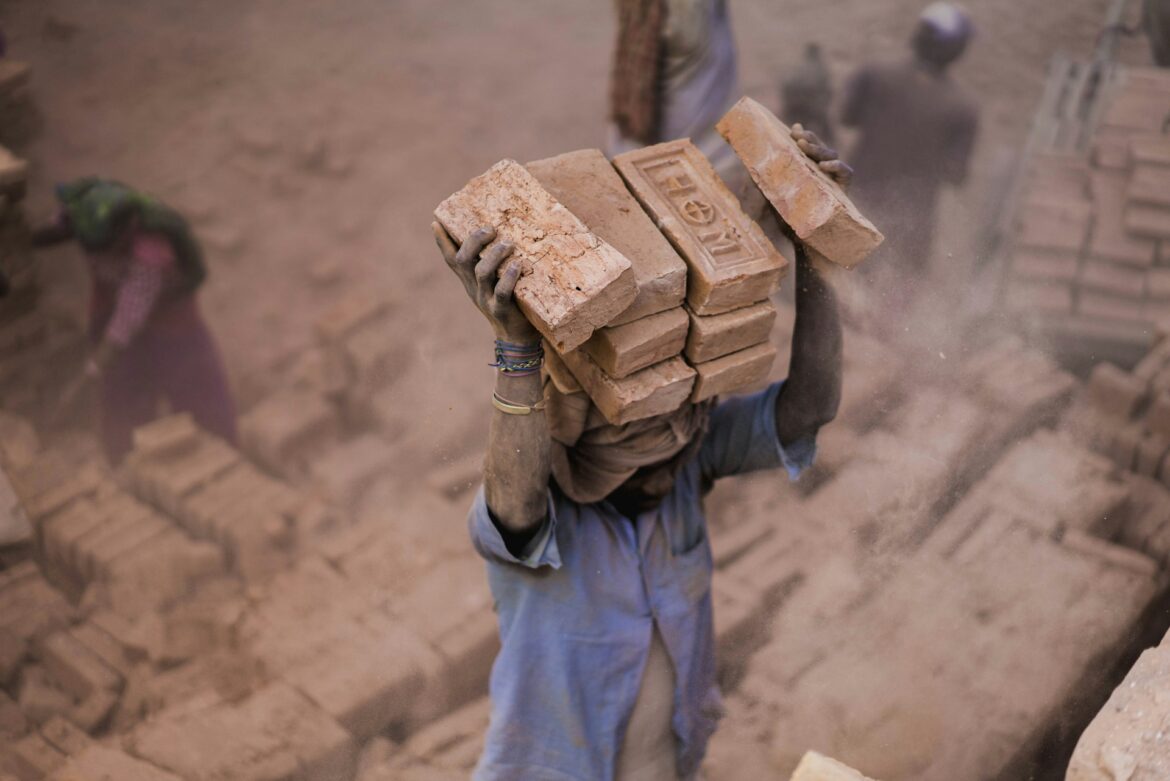Bangladesh is rolling out a sweeping reform to phase out traditional clay brick kilns and shift to eco‑friendly concrete and soil‑stabilized blocks in public construction, but workers in the sector fear being left stranded with few alternatives. The key event is the government’s commitment to close approximately 3,500 illegal clay kilns by 2028 and fully adopt block technologies, aiming to reduce air pollution and prevent topsoil loss. However, more than one million kiln workers—many tied to seasonal, exploitative advance‑loan contracts—are seeing no clear path to stable jobs or income support. These workers, often migrants and women, toil long shifts under dusty, unsafe conditions for minimal pay, frequently facing withheld wages and gender-based disparities. While the policy targets environmental gains and cleaner production, it lacks measures to retrain or redeploy the existing workforce. Experts warn that switch to block factories will shrink employment opportunities, since block production is more mechanized and creates fewer jobs. Without structured support, displaced workers risk poverty or a return to hazardous farm labour or informal work. Labour advocates highlight that brick workers today lie outside minimum wage protections, with no unions or legal safeguards. Programs like the BEST and SEJLS jobs initiative aim to create green jobs through non‑fired brick facilities and vocational training, yet these are small‑scale pilots and have not reached most kiln zones. The policy also lacks coordination among agencies and does not track worker outcomes in transition. As authorities push for cleaner building materials, kiln operators and workers still await clear incentives, subsidies, or bridging schemes to avoid livelihood losses. Voices on the ground call for comprehensive inclusion plans: incentives for SMEs to adopt block-making, credit rescheduling for kiln owners, technical training for workers, and social protections like unemployment benefits or portable pensions. Otherwise, the environmental victory could come at the cost of deepening social inequality. Analysts emphasize that a truly just transition must pair green technology with labour rights, social safety nets and industry transparency. If reforms proceed without that balance, the shift away from clay brick production may improve air quality but fail to secure better futures for those who have long relied on the sector. Only with worker-centred design—linking jobs, training and protections—can the brick sector reform both clean up construction and uplift vulnerable labourers across Bangladesh.
37


